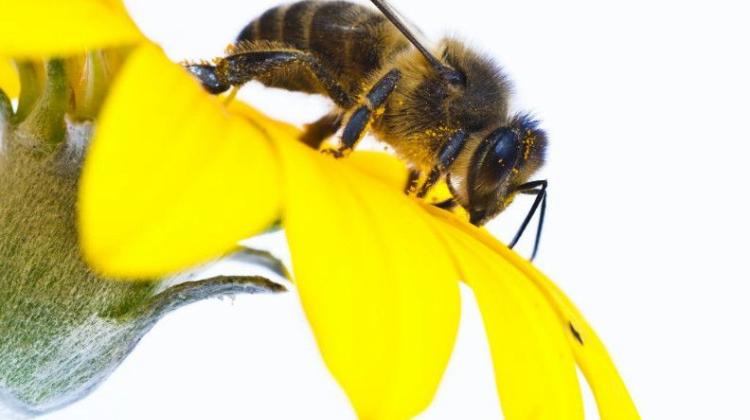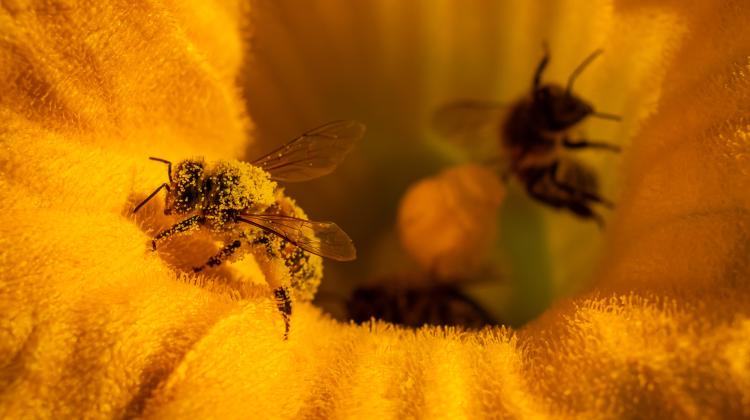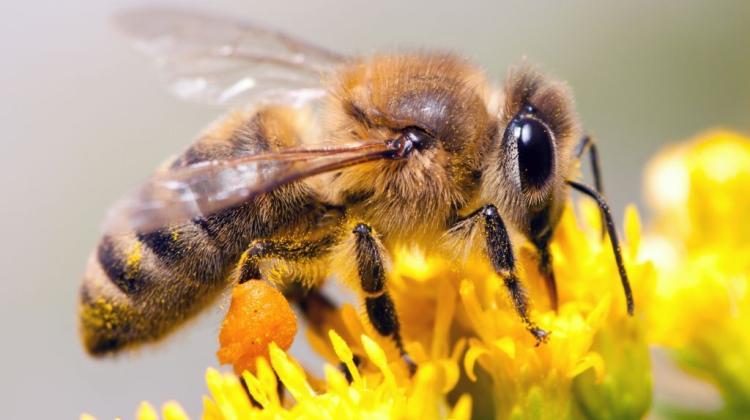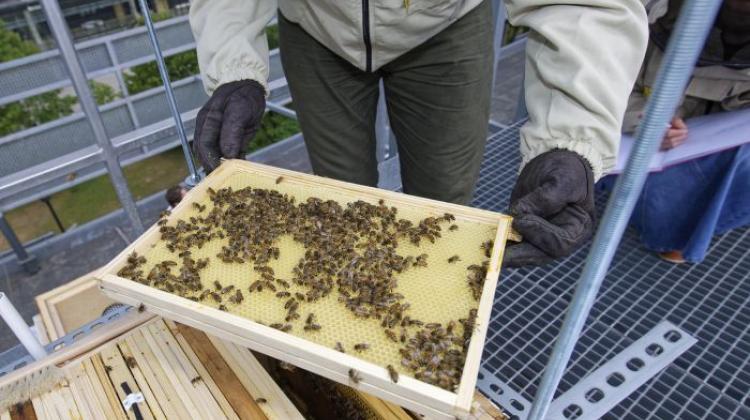Not the bees alone are responsible for pollination
 Photo: Fotolia
Photo: Fotolia
Not the bees alone are responsible for pollination. Other insects, such as butterflies and flies, play a major role in this process, according to research conducted on five continents, including Europe (and Poland). The conclusions have been presented in PNAS.
Bees are probably the most broadly thoroughly researched pollinating insects on Earth. And while it has been known for a long time that a whole army of other insects are also involved in pollination: flies, beetles, wasps, butterflies and moths, ants and many others - their participation in pollination has not yet been clearly defined.
This omission has been corrected by the authors of this new publication in PNAS, who compared the results of 39 previous studies. "Novelty lies in the fact we compared numerous studies from five continents. Such a meta-analysis of previous studies has enormous merit. If anyone observes insects on one plot - they can obtain interesting results, but never know the global scale of the problem. And here it is clearly and reliably presented" - told PAP one of the authors of the publication, Prof. Michał Woyciechowski from the Institute of Environmental Sciences of the Jagiellonian University.
"This article shows that bees are not the only insects responsible for pollination, non-bee insects also play an important role that which can not be ignored" - said the professor, who led the study in the southern Poland.
The study authors found that when flowers are visited by insects, in 25-50 percent cases these insects are not bees. And while in the course of a single visit to a flower non-bees are much less efficient, their participation in the production of seeds and fruits, and hence maintaining biological diversity, has been underrated.
In terms of services related to pollination, non-bee insects are often as effective as bees. Thus they prove to be very important for the global crop production and yield stability - emphasise the study authors.
Research shows that the presence of bees is critical for fruiting of, for example, coffee, grapefruit, melons, sunflowers, strawberries, kiwi and almonds. But when it comes to mangoes, cherries and carrots, bees sit only sporadically on their flowers. These flowers are more often visited by other insects, for example flies and even ants.
In addition, a lot of research has already been devoted to honeybees and wild bees, and their activity (which is one of the ecosystem services) is taken into account in global assessments of crop costs.
When in additional studies the researchers checked the size of the crops, they found that it increased when flowers were visited not only by bees, but also other pollinators. This indicates that non-bee insects provide additional benefits that bees themselves do not offer. This means that, for optimum plant yield, both groups of insects are important.
In recent years there is a lot of talk about the global bee disappearance crisis. The extinction of these insects is associated, among other things, with the growing use of chemicals in agriculture. Prof. Woyciechowski noted that this kills not only bees, but generally insects, although to date the most attention has been devoted to bees. "Other insects are also very sensitive, for example butterflies. We still know little about flies that play a very important role in the group of non-bee pollinators" - he noted.
PAP - Science and Scholarship in Poland, Anna Ślązak
zan/ agt/
tr. RL
Przed dodaniem komentarza prosimy o zapoznanie z Regulaminem forum serwisu Nauka w Polsce.


















